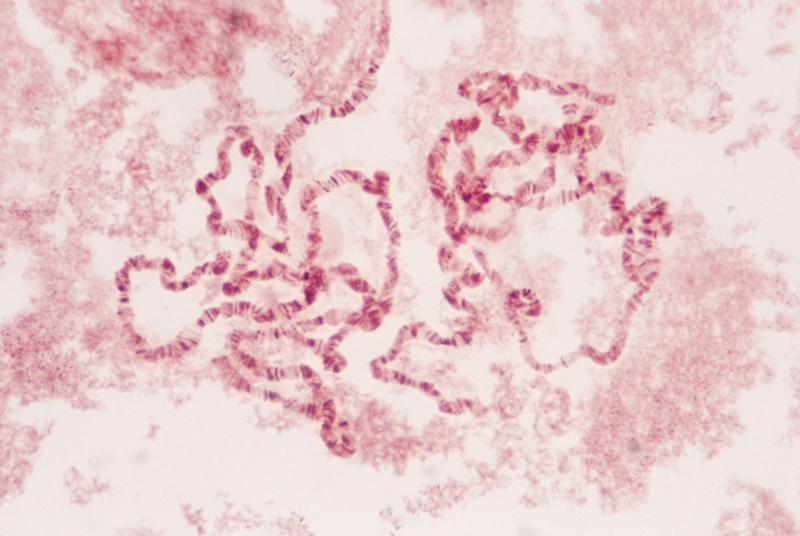
TUESDAY, Sept. 21 (HealthDay News) — Biomarkers associated with increased risk of relapse and death among patients with severe aplastic anemia have been identified by U.S. researchers.
Aplastic anemia is a serious and even life-threatening condition in which a person’s bone marrow can’t produce enough new blood cells. Treatments included bone marrow transplantation or immunosuppressive drugs.
This study included 183 patients with severe aplastic anemia who underwent immunosuppressive therapy between 2000 and 2008. The researchers examined changes in the length of the patients’ telomeres, which are cap-like structures at the end of chromosomes that protect those ends from deterioration. Telomeres naturally shorten as people age, but their length can also be shortened by genetic factors or environmental stressors.
There was no association between telomere length and response to immunosuppressive therapy, which was seen in 57 percent of the patients. However, patients with shorter telomere length before the start of treatment had an increased risk of disease relapse and death, said Dr. Phillip Scheinberg, of the National Institutes of Health, and colleagues.
The study appears online Sept. 21 in the Journal of the American Medical Association.
More information
The U.S. National Heart, Lung, and Blood Institute has more about aplastic anemia.

